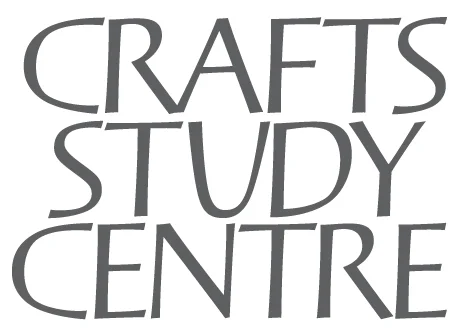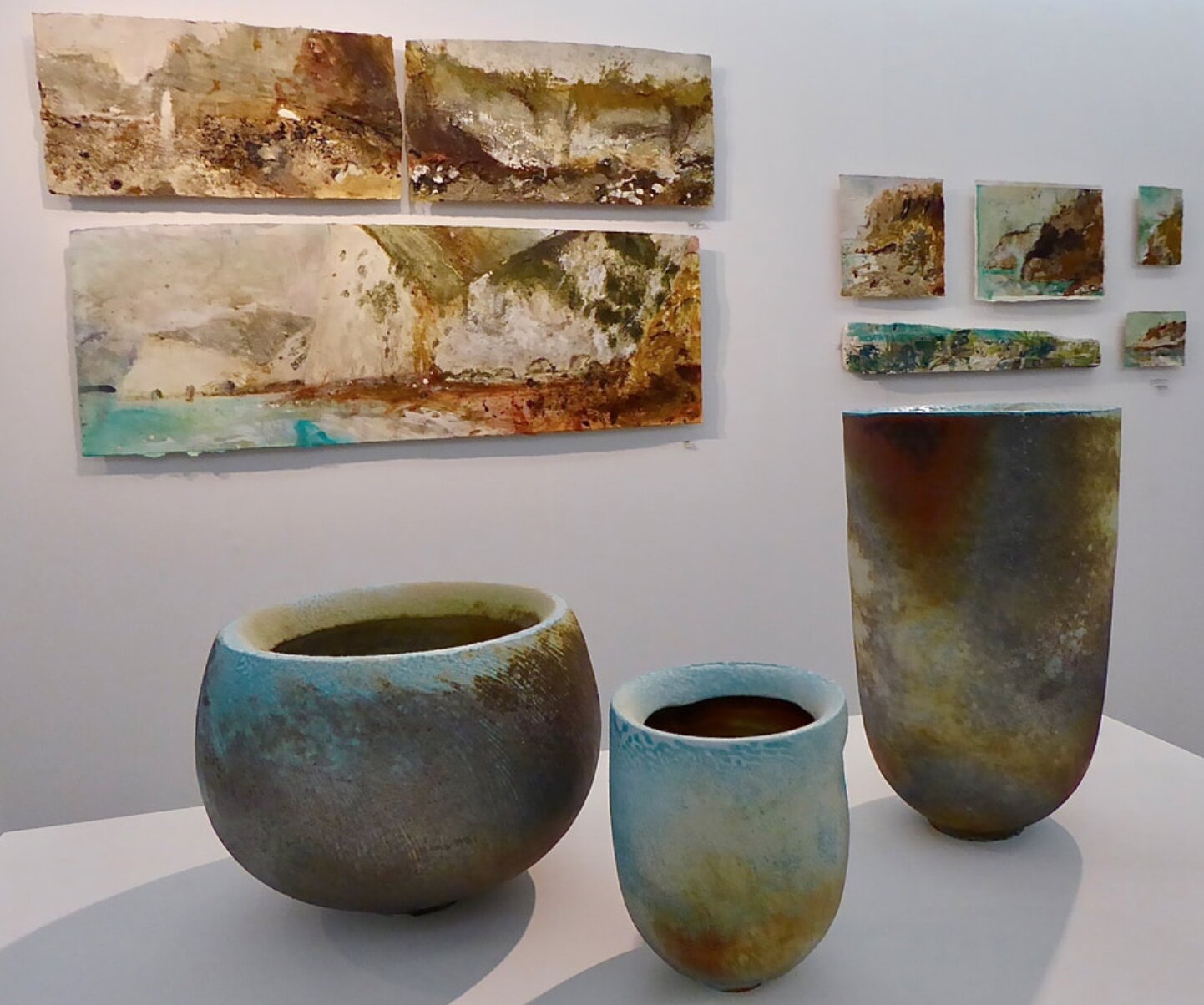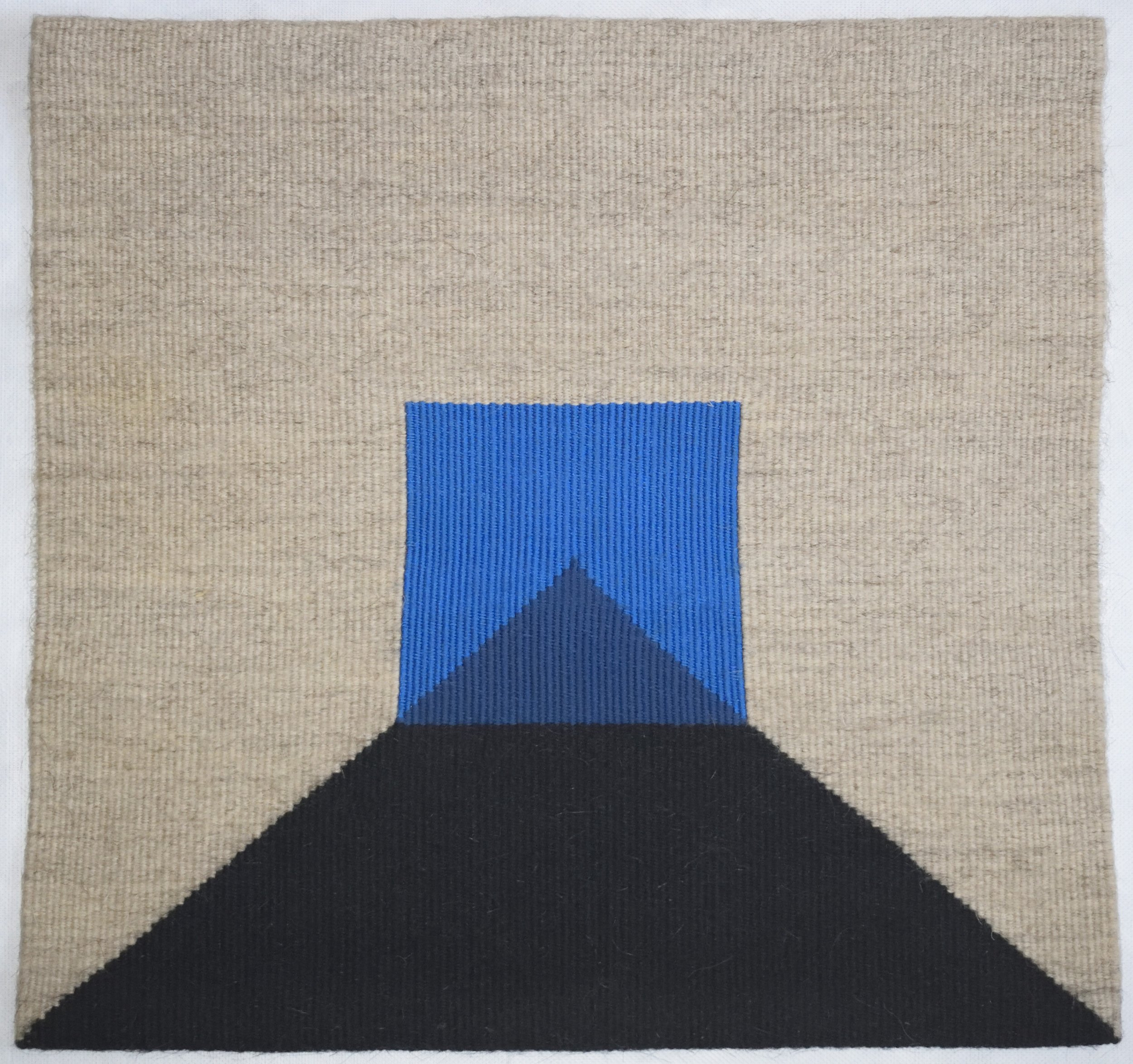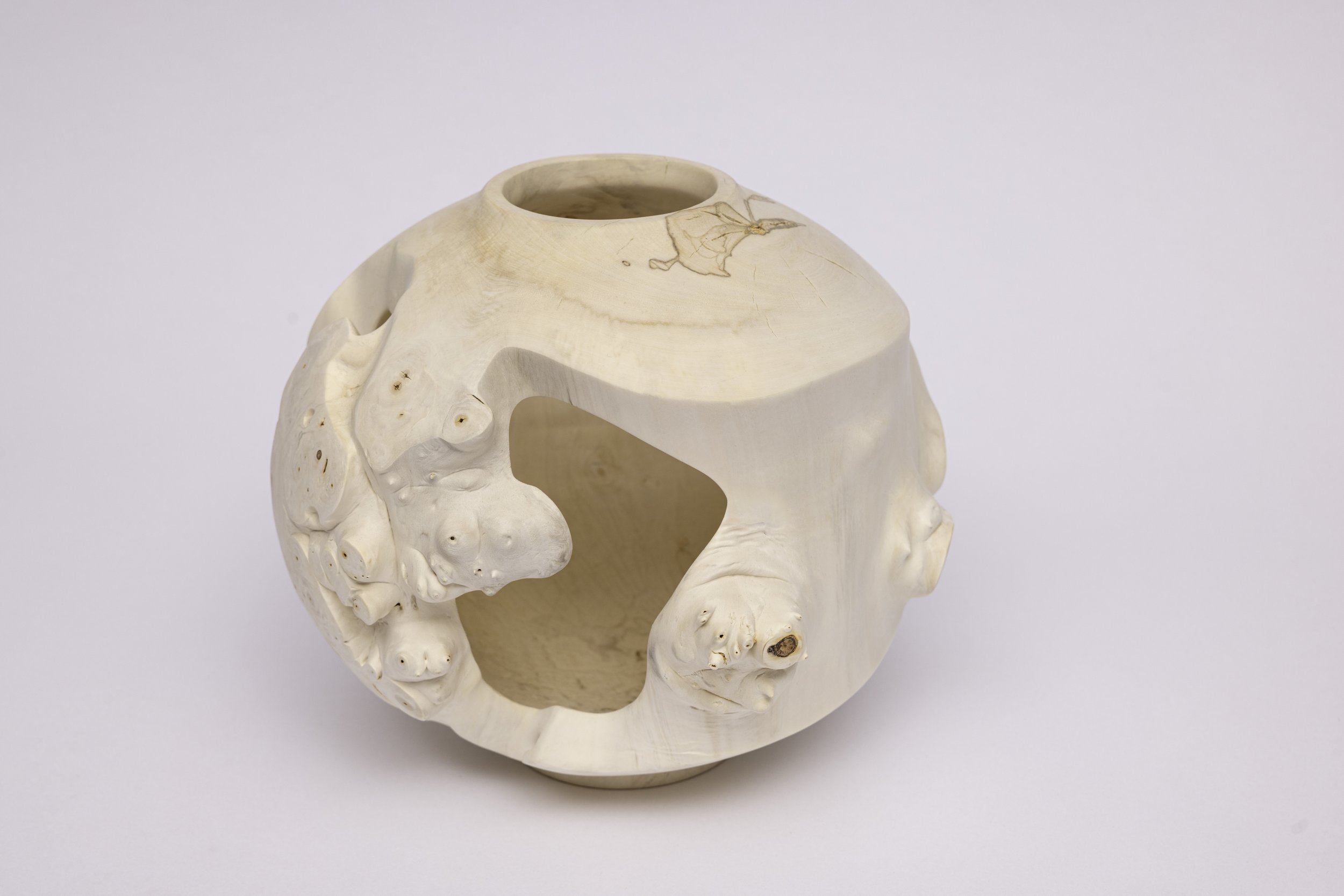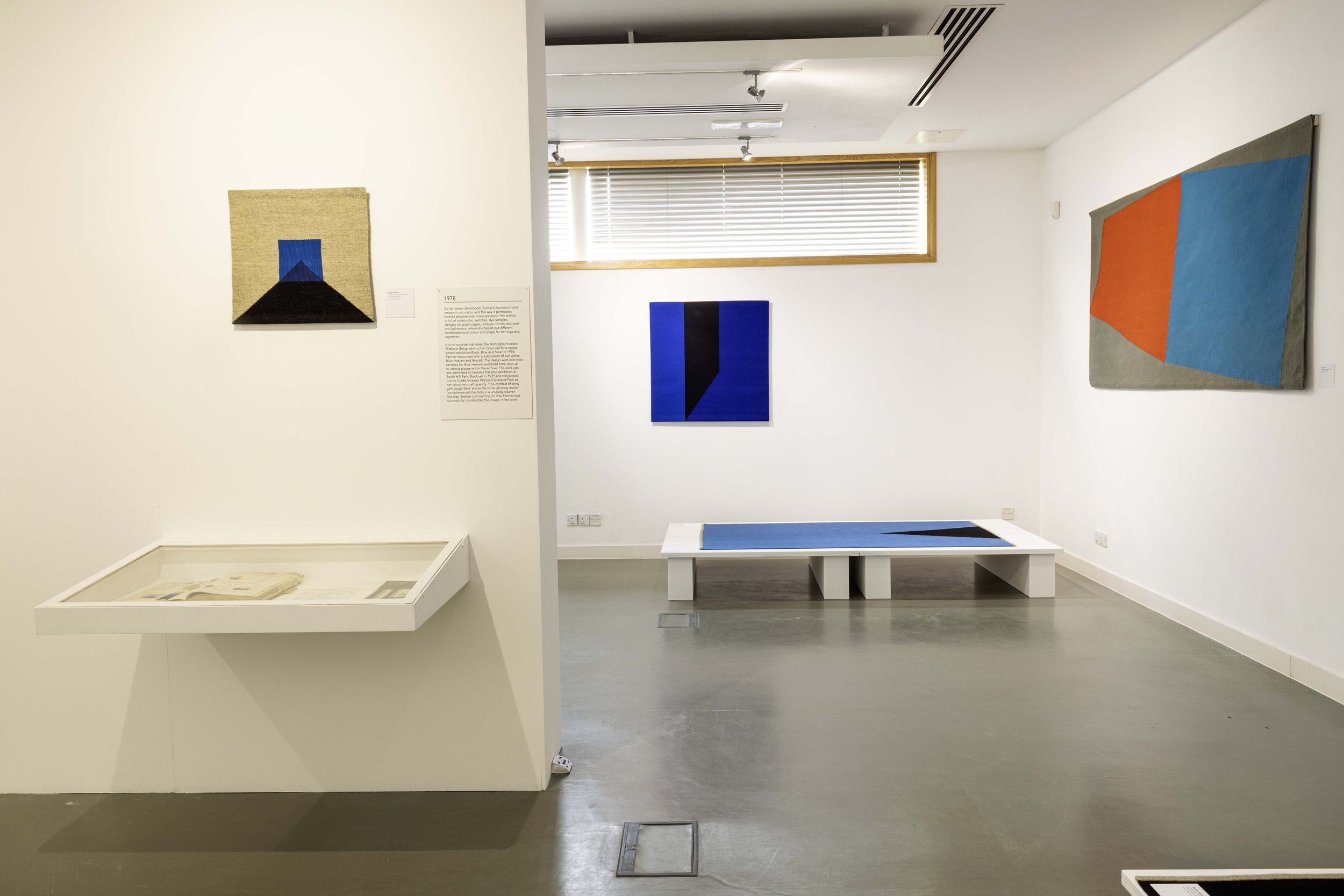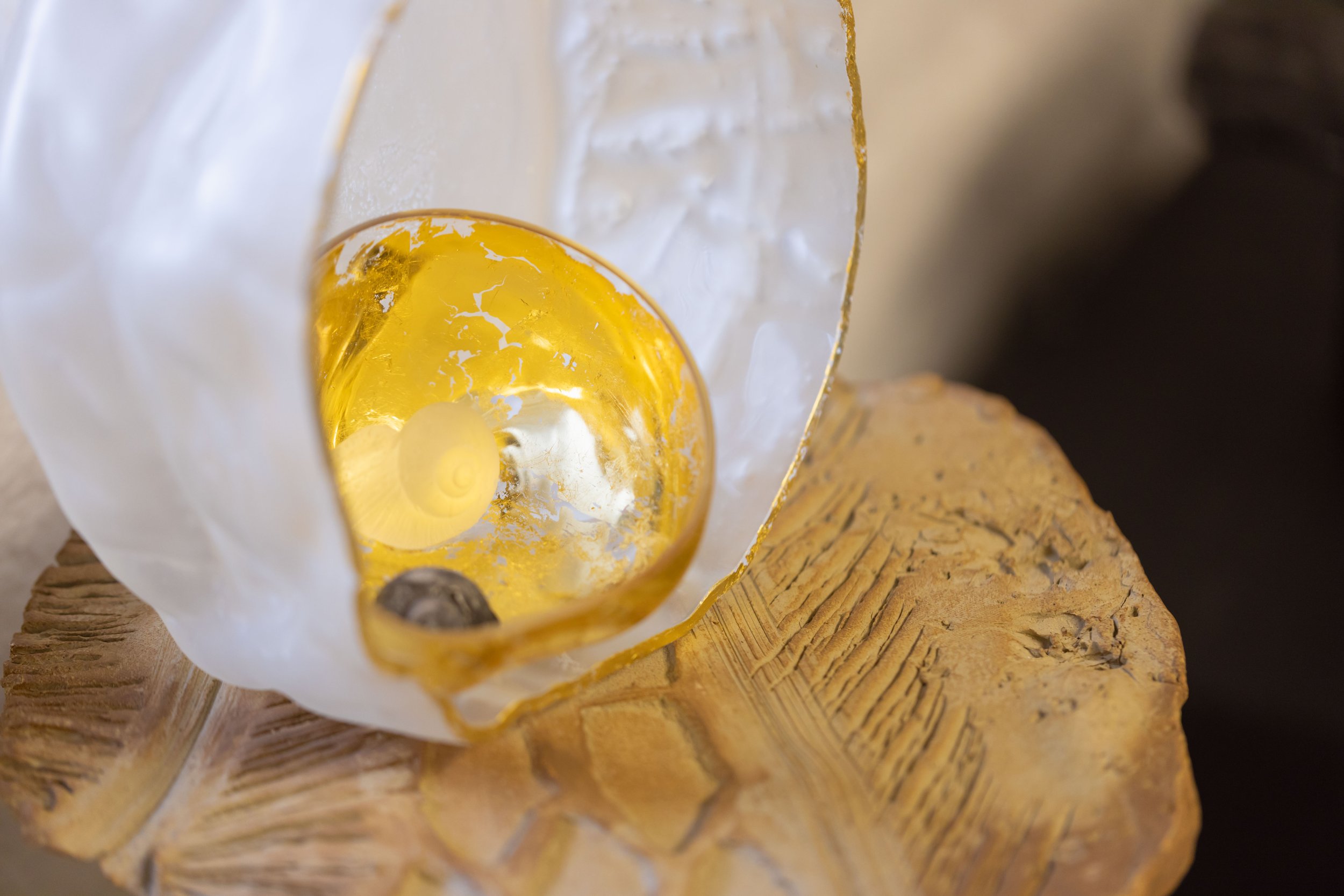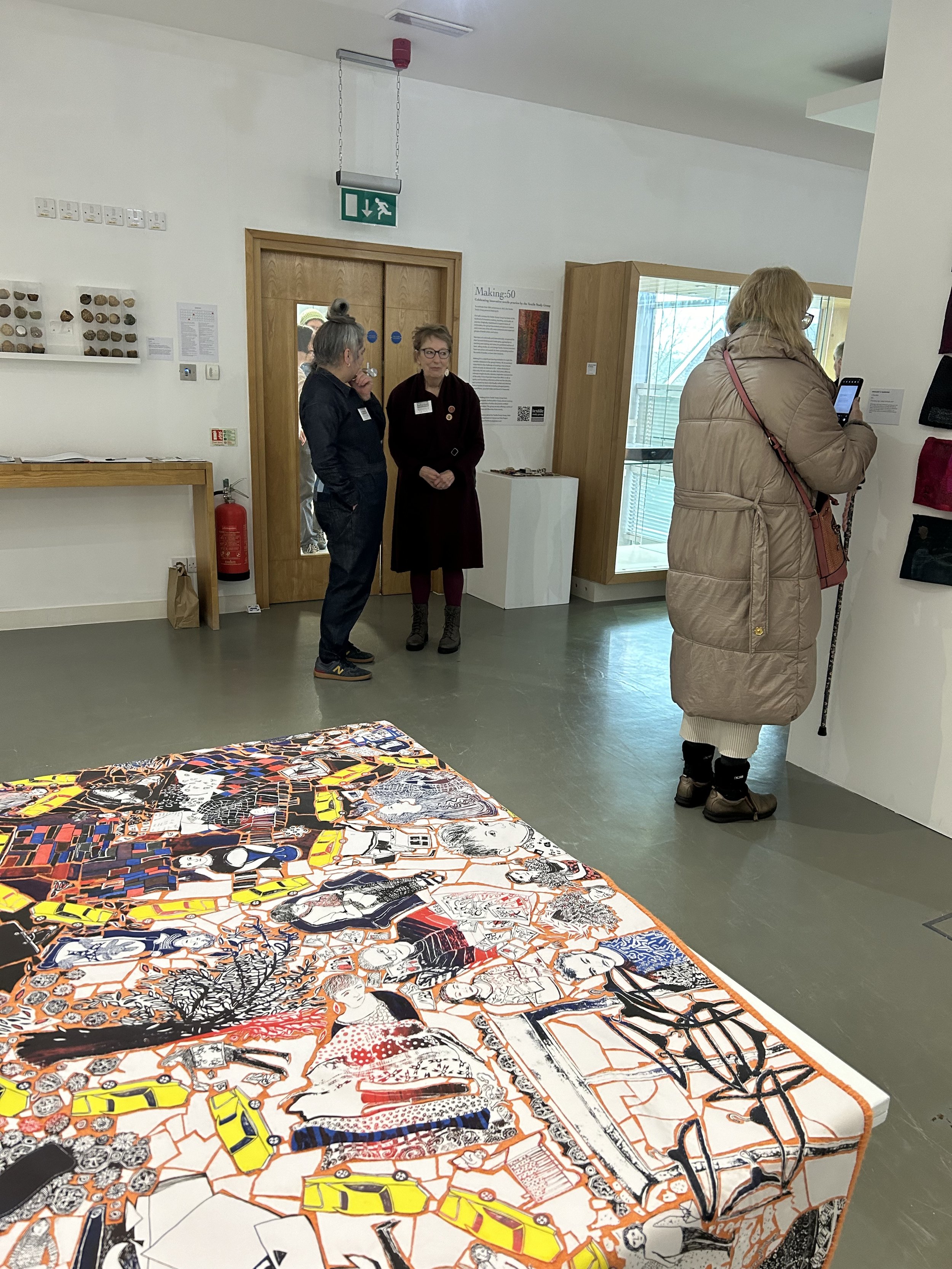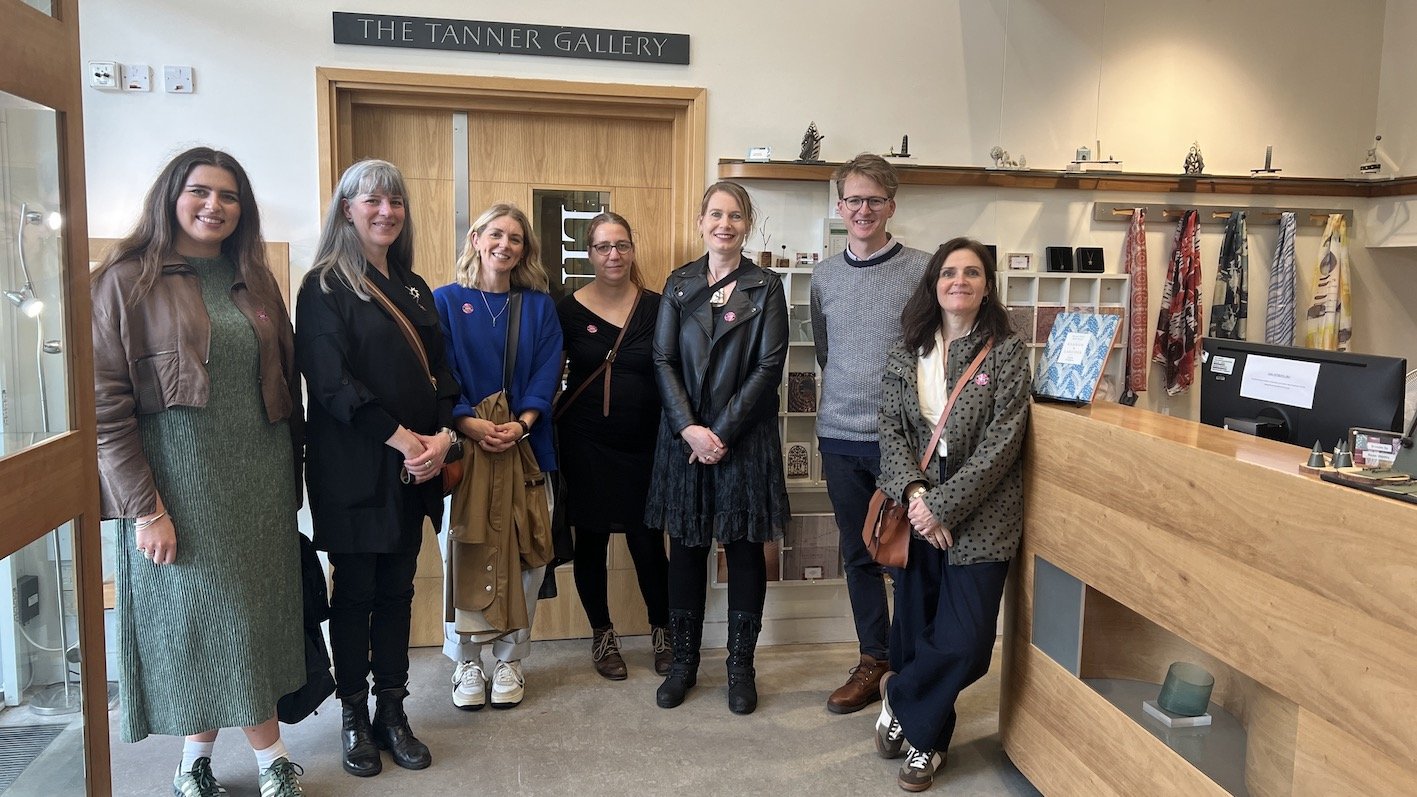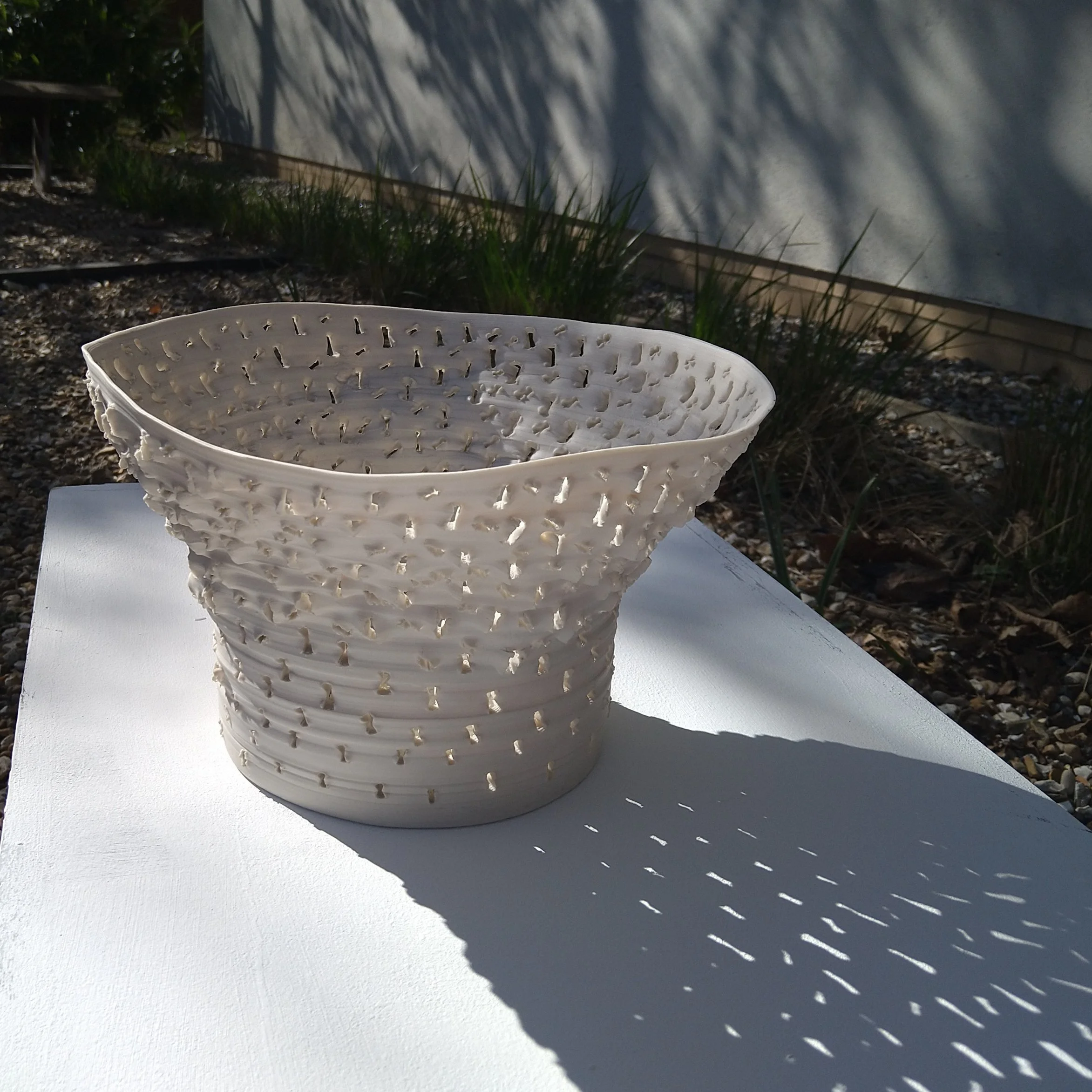THE COMMON GROUND
/In what we now seem to be calling ‘normal times’, we would have been promoting the last three weeks of the very successful show ‘The Common Ground’ in our first floor exhibition space. We hope to engage your interest instead by sharing with you some of Frances’ paintings, excerpts from the exhibition book, and from the other ceramic artists involved in the show.
Frances Hatch - Alt Mor to the Chalamain Gap, Glenmore, Cairngorm, 2014
The show, largley comprising plein-air paintings by Frances Hatch alongside work by ceramicists Kyra Cane, Jack Doherty, Adam Buick and Akiko Hirai, centres around a constellation of tiny pots - the glaze test vessels and associated notebooks of Katharine Pleydell-Bouverie. In these objects we see her curiosity and attention to detail of the material of her local. Something that is expressed not just in the work of Frances Hatch, but also in the makers exhibiting alongside her.
Frances Hatch - Lodmoor November Moon. 2019
Frances Hatch - Ladram Red (detail), Sidmouth, Devon, 2014
In the CSC publication ‘The Common Ground’, accompanying the exhibition, Frances Hatch explains “in these pieces we meet a person very like myself - and like many others who care deeply about our shared ‘common or garden’ ground. When we attend to it, we realised there is nothing in the least common about our ground. Pleydell-Bouverie tended her ingredients closely, used local clays, recorded harvests of organic materials precisely.
No matter how careful the control over her process, she noted a uniqueness to every batch of grass or pine logs, her recipe notes acknowledge the influence of season and of soil on gathered materials in and around her gardens”
Katharine Pleydell-Bouverie Glaze Test Pots from the Crafts Study Centre Collections
Katharine Pleydell-Bouverie Jar from the Crafts Study Centre Collections
‘Her (KPB) test pots are 'a synthesis of nature, art and science'.
- Professor Simon Olding, Director, Crafts Study Centre
Kyra Cane
Kyra has learned ‘to a degree’ what will happen in high temperature on porcelain. A fragile, responsive material that she takes to the limits of its possibility. Her sketchbooks record the dynamism of weather, place and experience. Her white glaze is an active participant, used as Frances might use gouache.
Bowl Shifting, Kyra Cane
Tools and Notebook from Kyra’s studio
Adam Buick
Adam’s porcelain forms provide him with a canvas upon which he maps his surroundings, its whiteness perfoming the same role as paper might in a watercolour. By contrast, in his Rolling Clay he takes a mixture of locally-sourced clay and as it travels over terrain local to him, material memories stick to this body. In Earth to Earth he takes an unfired, yet elegant Pembrokshire clay vessel back to its origins. Using time-lapse photography, Adam records the vessels descent back into the earth.
Earth to Earth I, Adam Buick
Earth to Earth II, Adam Buick
Earth to Earth III, Adam Buick
Akiko Hirai
Akiko’s practice has its roots in the rural and this resonates with Frances’ memories of the arable black fenland of her childhood, noting in particular how the Fen Blows whipped up topsoil and carried it off, witnessing the transformation of weather in a mere moment.
Poppy Pods, Tree, Akiko Hirai. Akiko and Frances with one of Akiko’s favourite trees near her studio in Hackney
‘You look at the Moon on the horizon of the desert
you look at the Moon on the Moon on the sea
you look at the Moon between the brick building
we look at the same Moon but no Moons are the same
And I think about you looking at the Moon between street trees’
- Akiko Hirai, 2019
Jack Doherty
Frances Hatch says that Jack’s soda-fired hues flood her with the same optimism as Akiko’s - noting the surfaces of his porcelain vessels shifting like weather across the land.
‘He plays the kiln for hours, stifling it until the flame darkens,
then flooding it with air,
and all the time he is teasing the copper from the pots.
She is his element, the source of colour in his work,
but flirty and volatile, never settling,
always wanting something else’
- Craft Historian and writer Dr Eleanor Flegg describing his special connection in her article ‘Troubled Light’ Ceramic Review 261, May/June 2013 p.32
Selection of Soda-Fired Pots, Jack Doherty
Work by Jack Doherty & Frances Hatch in The Common Ground at the Crafts Study Centre, 2020
Work by Akiko Hirai & Frances Hatch in The Common Ground at the Crafts Study Centre, 2020
Frances calls her work ‘a dirty practice, afforded by the places I engage with - each painting expressing a unique and complex constellation of experience’. She sits within a long-established tradition of plein-air painters, employing water-based pigments together with site-material. The making process integrates contemporary dirt with deep time deposits.
‘Moss and sticks are often more eloquent than brushes.
The more dependent I am on the landscape - the more it contributes’
Work by Adam Buick, Frances Hatch & Kyra Cane (in the background) in The Common Ground at the Crafts Study Centre, 2020
Work by Kyra Cane & Frances Hatch in The Common Ground at the Crafts Study Centre, 2020
She works with water-based media precisely because, whatever the weather condition , it manifests in her work. Her landscapes of choice are frequently unpopulated, liminal spaces where change is always evident and active.
France Hatch at work in Dorset
Frances’ current studio is in Weymouth, Dorset. She is a senior tutor at West Dean College. She trained at Aberystwyth University College of Wales, Goldsmiths College and Wimbledon School of Art.
More information, photographs and short films about Frances Hatch can be found on her website www.franceshatch.co.uk and her Instagram as @francesahatch
The Common Ground is a selling show, and whilst we have to do things differently for a time, we are still able to offer work for you to buy. The CSC publication accompanying the exhibition, along with sets of postcards of Frances’ work will be available from the shop as soon as we reopen. A list of Frances Hatch’s works can be found on our website. If you would like to express an interest to buy, please contact us at craftscentre@uca.ac.uk
A new poem ‘The Eumenides’ by Elisabeth Bletsoe was written especially for this exhibition and can be found in the exhibition book.
Frances Hatch - Gorse After Rain, Eype, Dorset, 2019
